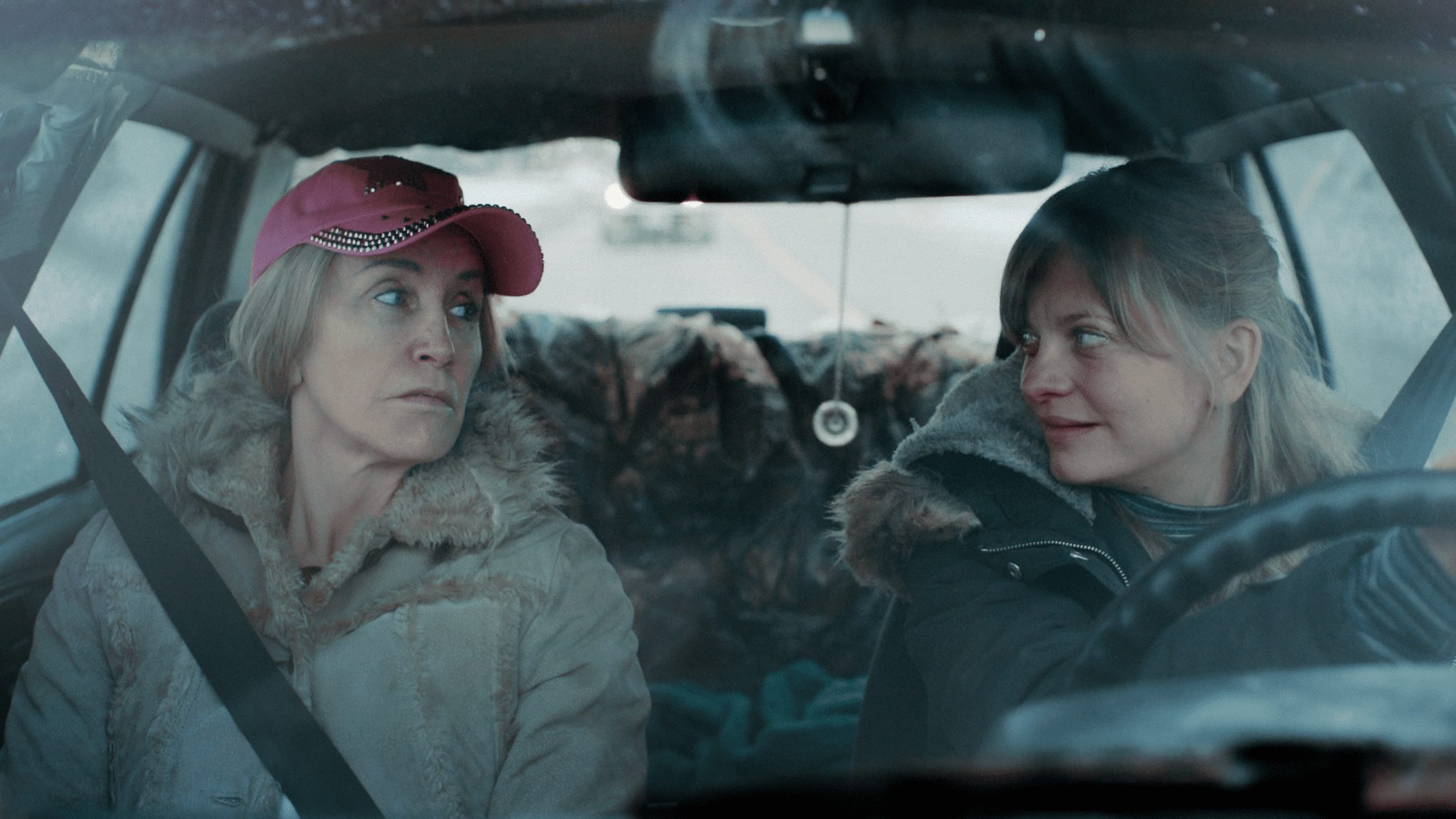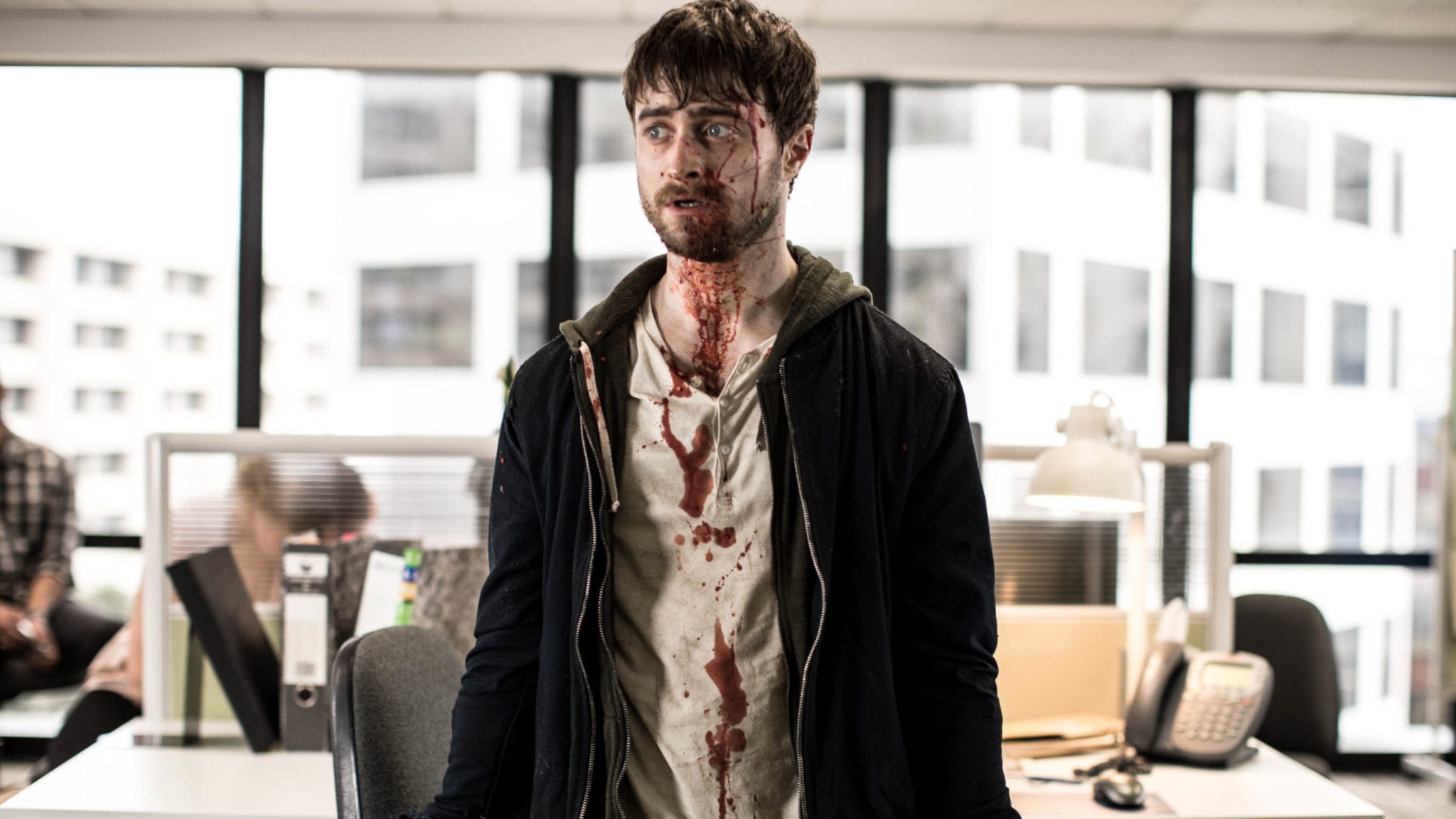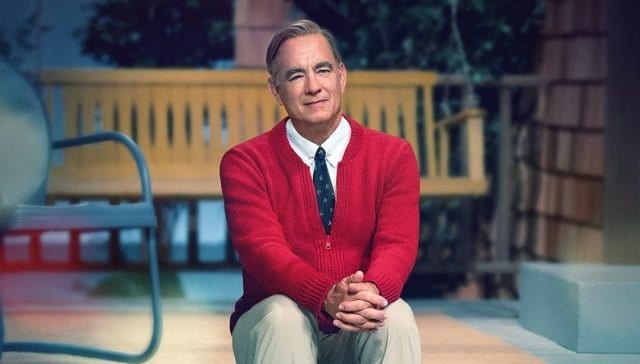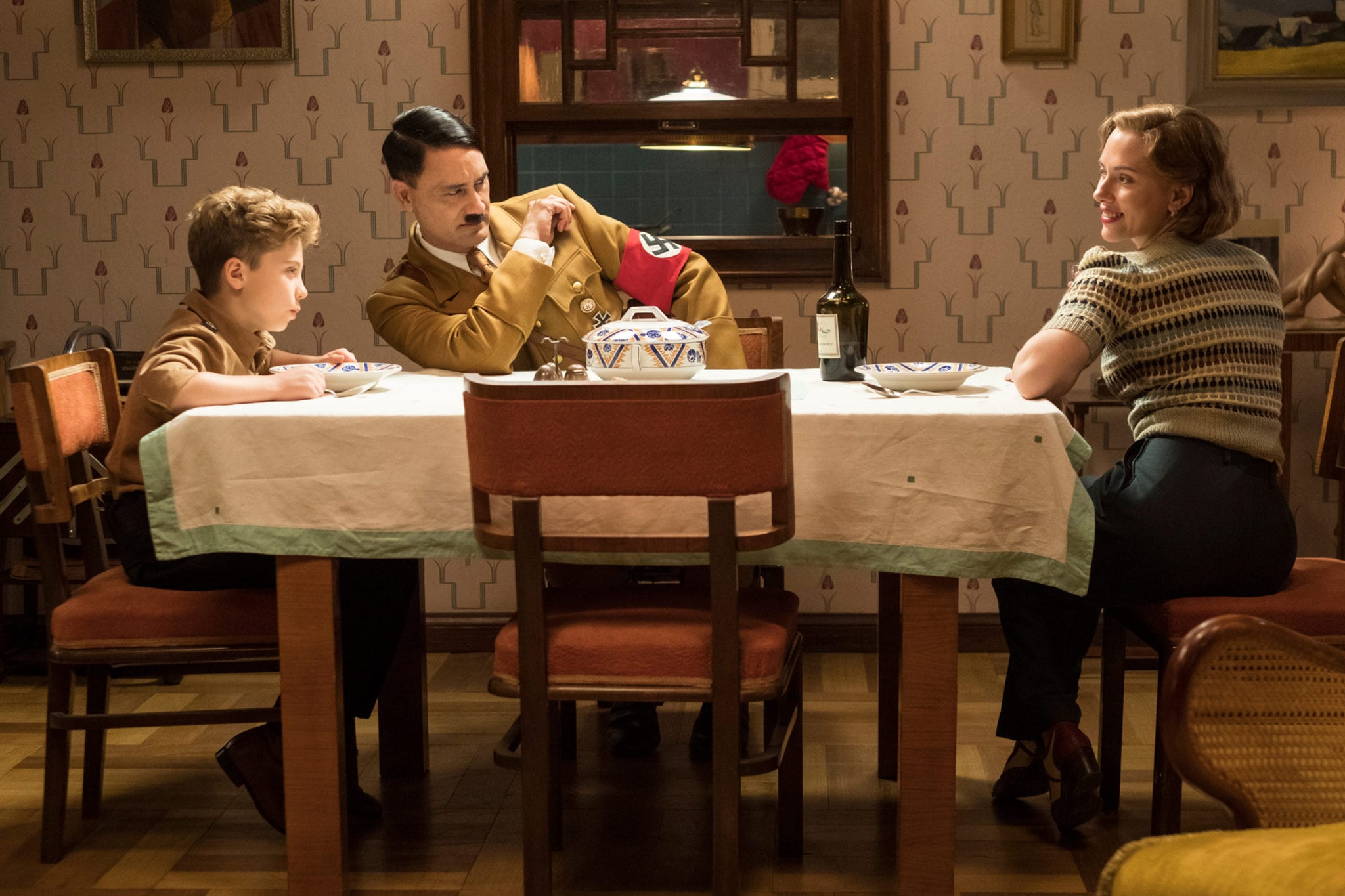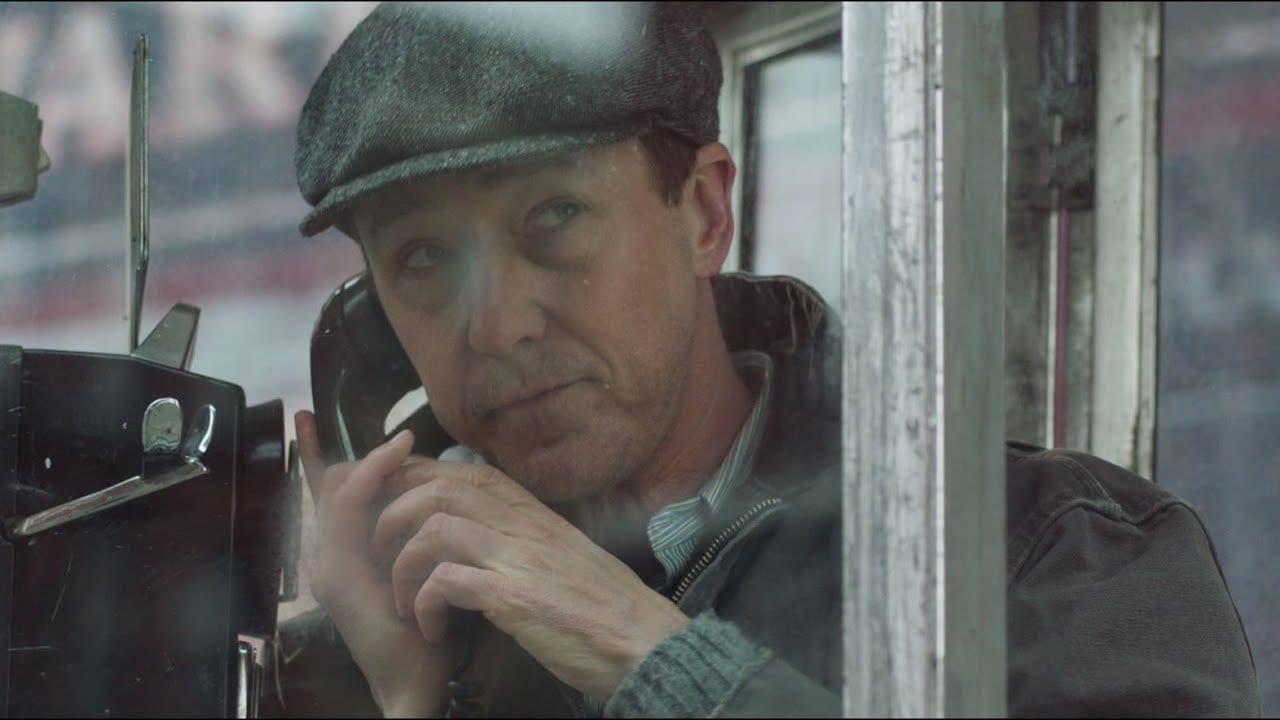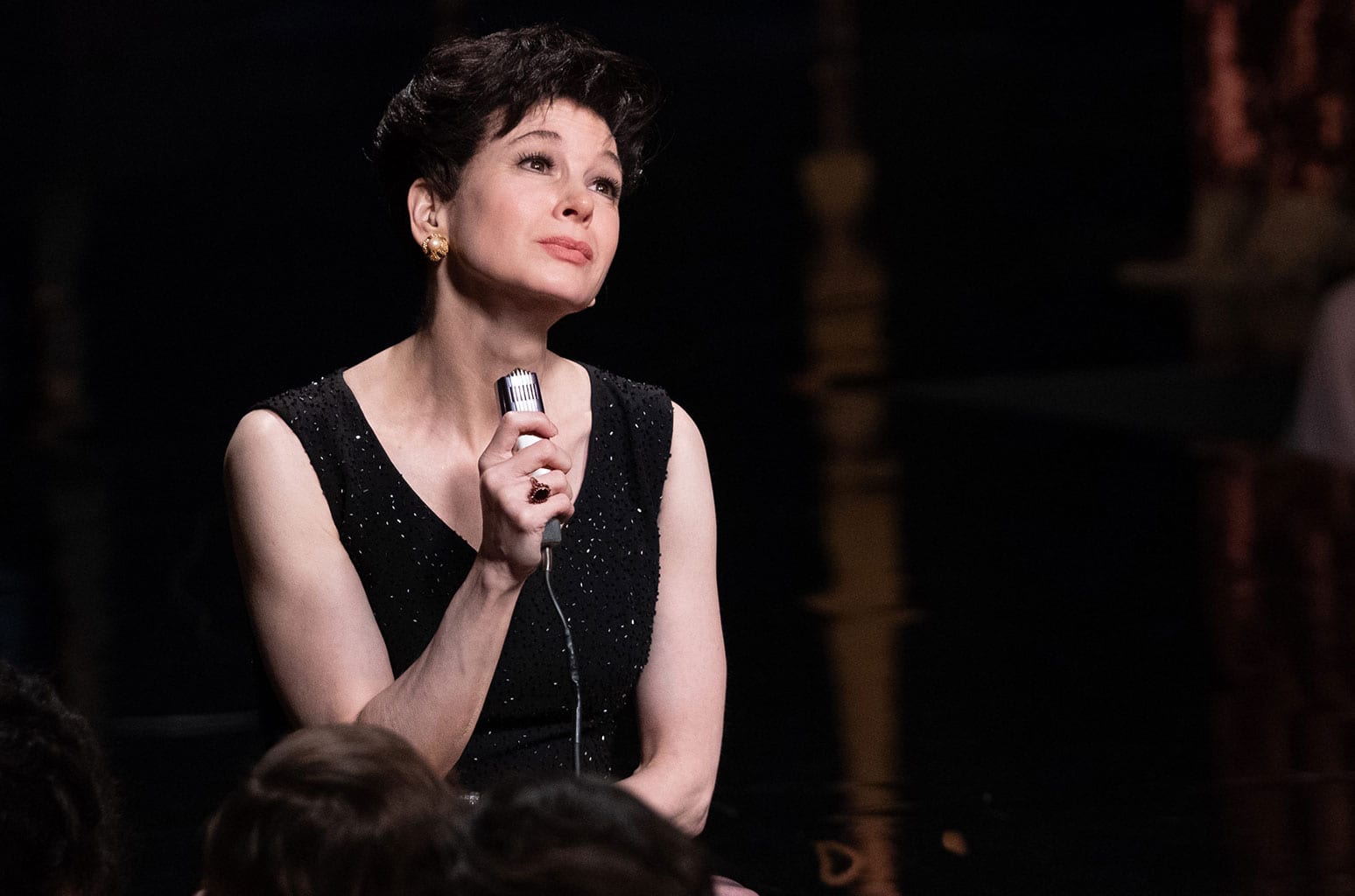
Speaking Your Story: 1on1 with Matthew Teague (OUR FRIEND)
It?s always difficult to share your own story of pain. But if that story can encourage another who?s struggling, it may be worth the challenge.? After enduring tremendous suffering throughout his wife Nicole?s battle with cancer, journalist Matthew Teague opted to pour his soul into writing about his experience. After Nicole?s passing, Teague?s piece would…


